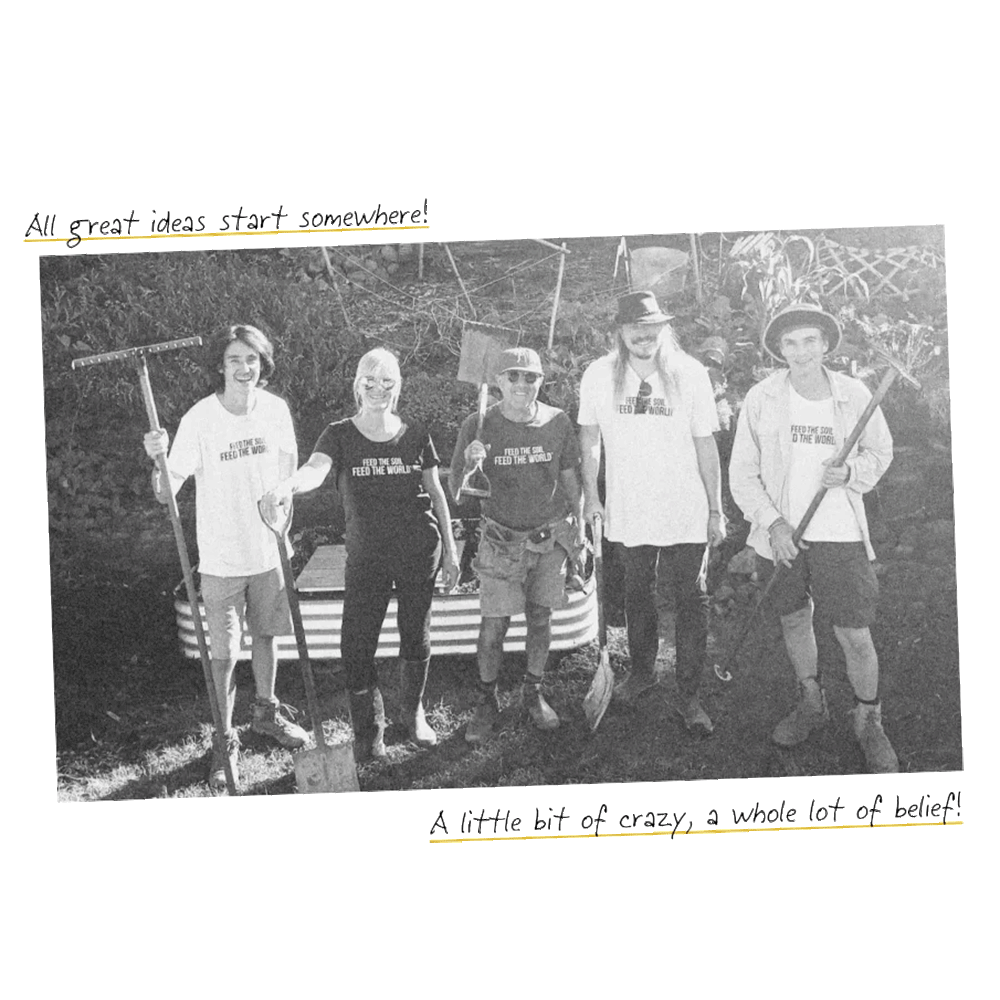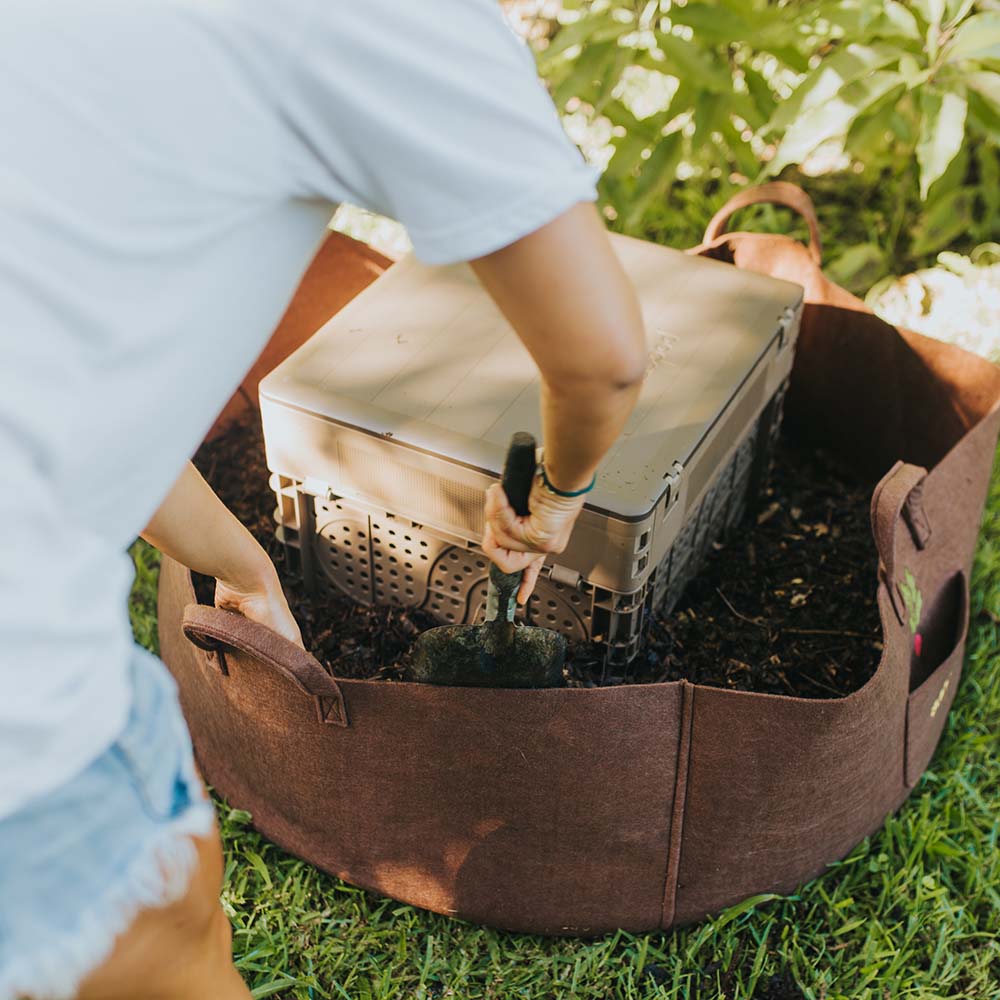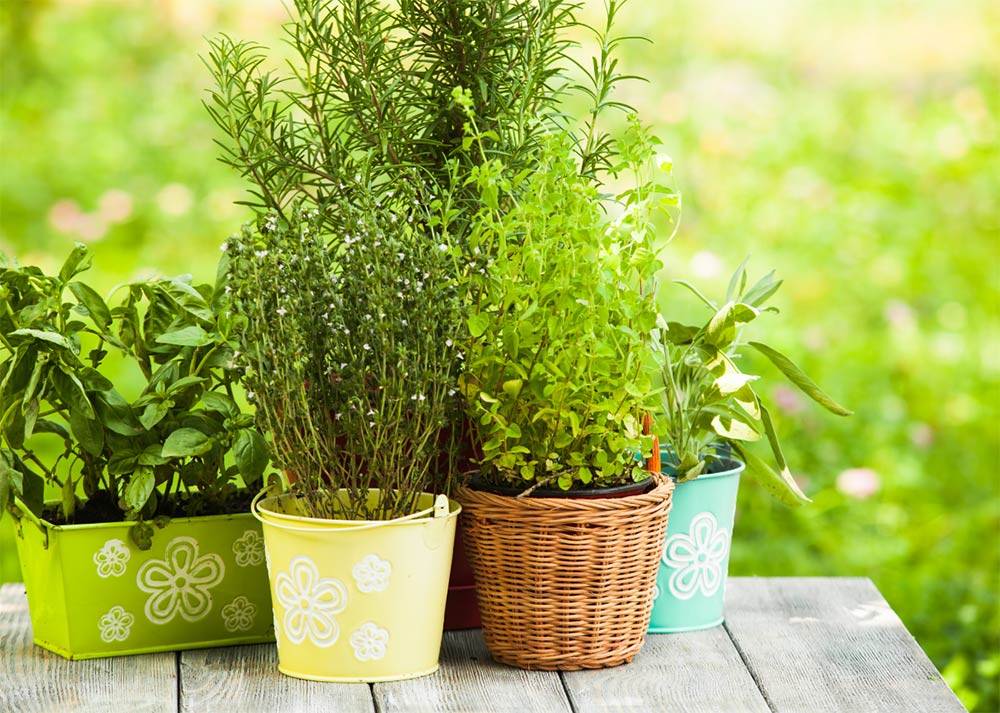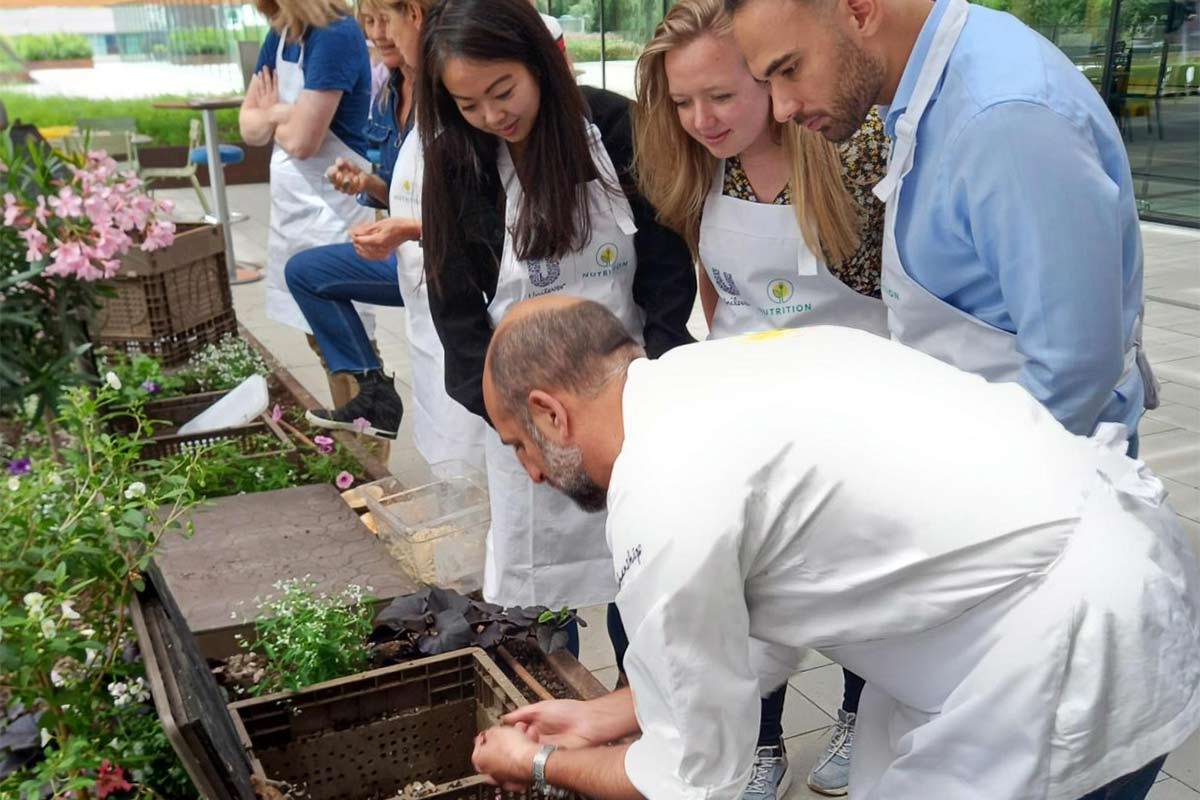It’s never too early in life to start composting. In fact, the earlier the better. Composting helps kids learn so much about the environment, about gardening and about how to actively look after our planet. It's a fantastic educational opportunity, and once they get started with it, kids really love composting!
Why Should Schools Compost?
The average fruit break at a school produces 25-grams of food waste per child per day. At a school of 300 kids this equates to 38-kilograms of food waste a week.That’s massive, especially considering it doesn’t include recess or lunch.
Currently, most of this food waste from schools goes to landfill, where it rots and releases methane. This harmful greenhouse gas is no good for the environment, being 25-times more powerful than carbon dioxide.
This is why we’re so passionate about helping schools create compost out of their food waste. It reduces their carbon footprint by reducing the amount of methane entering the environment, and is also an amazing way to get the next generation engaged with protecting the planet and building sustainable communities.
Worm Farms in Schools
If there’s one type of composting kids get REALLY enthusiastic about, it’s “vermicomposting”. This is where worms are used to break down food matter into nutrient rich compost - and what kids don’t like worms?
It’s no wonder then that worm farm projects at schools have proved so successful! Compost worm farms are a perfect addition to any school grounds. For a start, they’re a quick and easy means to get rid of food waste. And because the compost breaks down faster than with other systems, there’s less smell, pests and insects to deal with!
Why Subpods and Schools are a Great Match
A Subpod worm farm sits directly in the ground, with food waste being placed in it through a visible lid. When school kids open the lid to fill the Subpod with food waste, they’re greeted by a treasure chest of wormy, compost goodness! You can imagine the interest and the delight - this is a hands-on learning opportunity that encourages kids to really think about their relationship with the modern world!
The sides of Subpods are full of holes that worms and microbes can move through. This allows them to transport the nutrient rich compost and worm castings to the surrounding soil, promoting fertility and healthy plant life. 15-kilograms of food waste per week can be composted through a single Subpod, which equates to -.4-tonnes of CO2 emissions a year.
The amount of Subpods your school will require depends largely on your student population. You have to consider your available budget, and how many Subpods you can effectively maintain with school food waste.
Subpods are pretty unobtrusive in a school, seamlessly blending into the surroundings, particularly once the plant life around them starts to thrive. No standalone, ugly green bins here! The solid lid also double’s up as a comfortable and reliable seat, which the students at Lindisfarne Grammar really enjoyed. Let’s take a deeper look at Lindisfarne now, as they have successfully been running a composting project using Subpods for a couple of years now.
A Worm Farm Case Study: Lindisfarne Grammar
Located in Northern New South Wales in Australia, Lindisfarne Grammar has always been committed to sustainability. They have a strong belief that schools are the front line in preparing the next generation to live environmentally conscious lives. The procurement of 42 Subpod composting systems, installed around the school grounds, has allowed them to help make this vision a reality.
The video below shows how the Subpod worm farm project has delighted and engaged students and staff at the school. The fact that the Subpods make such an awesome garden seat is a clear winner!
The outcomes from this project at Lindisfarne have been amazing. Food waste is collected in small caddies placed next to general bins. A team of students then feeds the worm farms with the caddie contents. The compost created is used to enrich vegetable beds full of plants and herbs, which are then used in cooking lessons by the students!
It’s clear how much the kids are enjoying it, and the lessons they learn will set them onto a path of climate-conscious living. Equally important, since the project started in 2020, over 6 tonnes of food waste have been turned into compost instead of being sent to landfill!
What a solid effort by the students and staff at Lindisfarne Grammar!
Why Your School Should Start Vermicomposting
At Subpod, our mission is to make composting a simple part of everyday life. It must fit into your routine to the point where you don’t even think about it, the composting just happens! If more schools can get on board with this, the positive effects on our environment, now and in the future, will grow and grow.
There are other benefits for schools and their students too. Let’s take a look:
- Students are encouraged to think about the link between growing and consuming food. They get a greater understanding of what they’re eating and how it came about.
- A worm farm project is a valuable cross-curricular learning tool. It allows students to explore and get in touch with the natural world in a safe environment.
- Gardening is a very community-based activity. It really promotes a sense of togetherness and camaraderie, which can be built upon with events such as food festivals.
- Composting food waste reduces costs of waste disposal and also supplies nutritious fertiliser for the school gardens.
- A worm farm project turns your school gardens into an outdoor classroom! It’s a great opportunity to learn about the natural world whilst being outside in nature.
- A composting project in a school helps empower the next generation to take care of our planet and lead sustainable lives.
Where to From Here?
If you’re a school that’s interested in starting up your own worm farm composting project, please check out this ‘Subpod for Schools’ page. There’s lots of information there, and remember you can always get in touch with our Subpod team at hello@subpod.com. We also have a FAQ page, with common questions about schools and Subpods answered! Check it out here.
Alternatively, you can contact Kathryn directly at kathryn@subpod.com. Kathryn is one of our our compost gurus who works with Subpod Schools.
We also recently collaborated with Kids Gardening in the US, one of the largest nonprofit educational gardening organisations, to create a free Compost Guide E-Book for educators. This is ideal for those who want to make a green change in their school, so please check it out!
Start your school's Subpod journey today.
Check out our food-waste fighting range!







Leave a comment
This site is protected by reCAPTCHA and the Google Privacy Policy and Terms of Service apply.